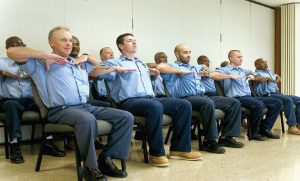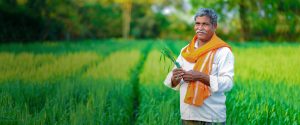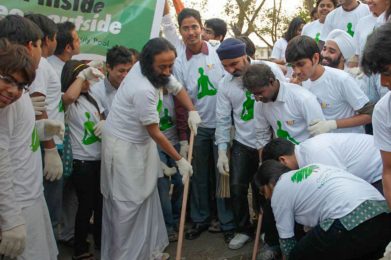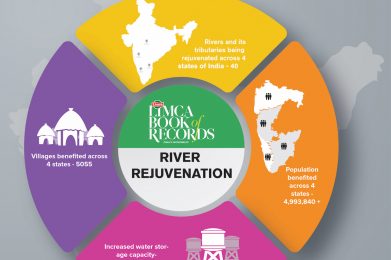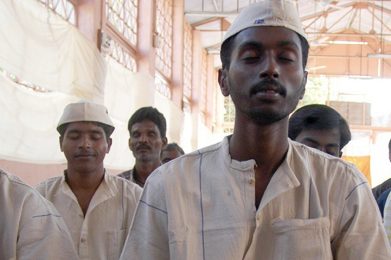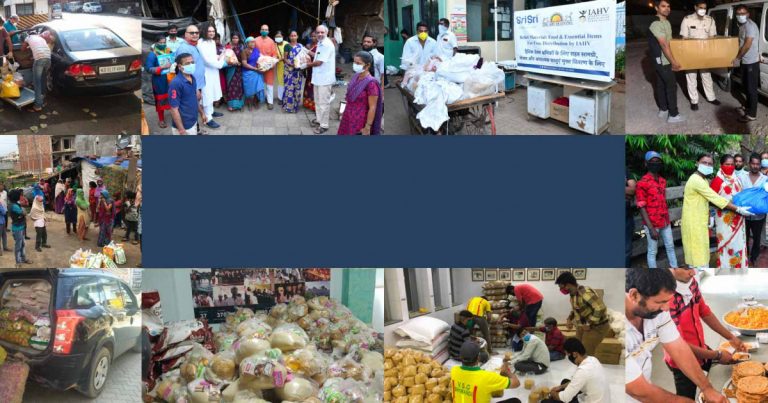Art of Living's Impact
40 years. 180 countries. An estimated 450 million people. 30,000 trainer network. Millions of volunteers.
For the past 40 years, The Art of Living has led millions to find deep peace and silence within while expanding their vision to serve society through dynamic action to create a violence-free and stress-free world.
The Art of Living offers practical tools and frameworks developed by Sri Sri Ravi Shankar to help individuals manage their own minds, better connect with themselves, improve their relationships with others and take leadership actions. At its core, the focus is on strengthening individuals who, in turn, are inspired to contribute positively to societal development.



